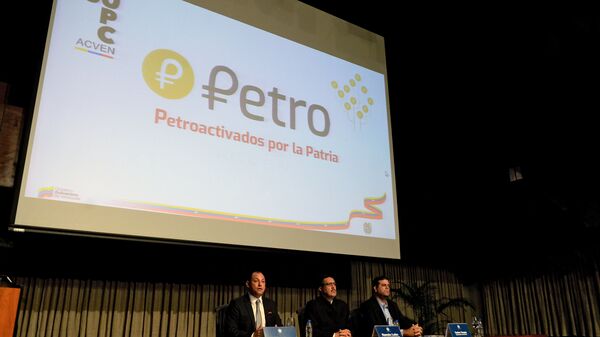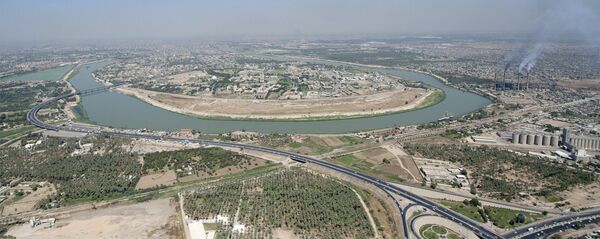Addressing reporters this week, Indian Foreign Minister Sushma Swaraj stated that the country had no intention of using the petro, launched by Venezuela, to buy the nation’s crude oil, referring to a recent discounted offer voiced by the Latin American country. To prove the point, she cited an order issued by India’s Central Bank, which prohibits trade involving cryptocurrency transactions.
CCN cited the Indian official as saying:
"We cannot have any trade in cryptocurrency as it is banned by the Reserve Bank of India. We will see which medium we can use for trade."
Earlier this month, Venezuela reportedly sought to convene a high-profile meeting in India to better promote the world’s first state-backed digital currency, the petro, as well as offered India a 30 percent discount on all oil purchases made with the virtual money.
Venezuela first announced the oil-backed cryptocurrency in December and launched the first digital petro coin a couple of months later, in a bid to battle US-imposed sanctions. Remarkably, it is also the one and only cryptocurrency to be backed by oil reserves, namely Venezuela’s extensive oil inventory of a whopping 300 billion barrels, which makes it stand out even from Saudi Arabia with its 266 million barrels.
US President Donald Trump notably criticized Caracas’ move, signing it into an executive order, ultimately banning US citizens from exploiting Venezuela’s digital coins, which are being used to get around US sanctions.
Although the petro has reportedly been supported by over 120 countries, which had even placed pre-orders since February 20, it has come under a storm of criticism even at home, with Venezuela’s National Assembly billing the "unconstitutional" petro "a fraud."





